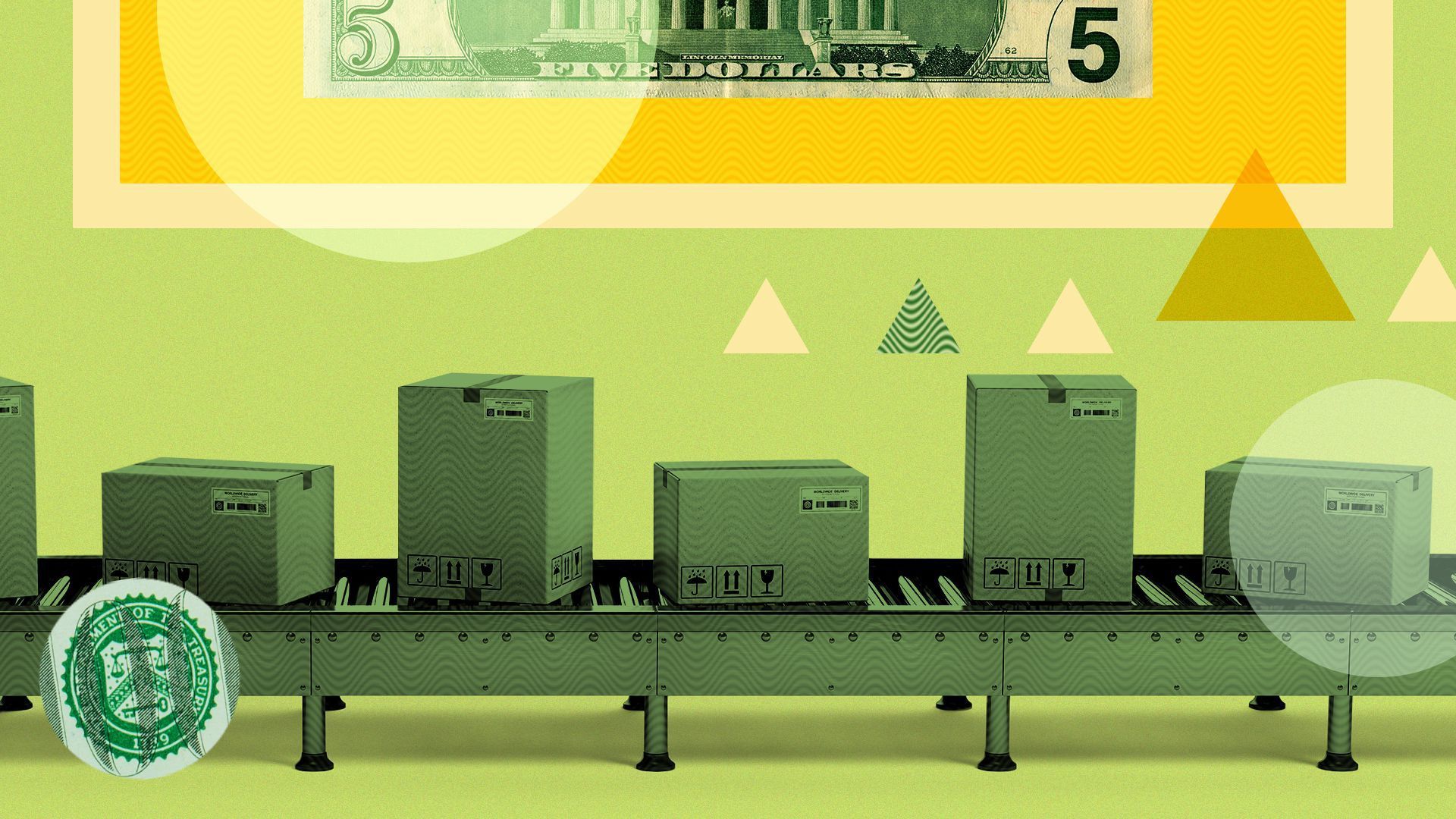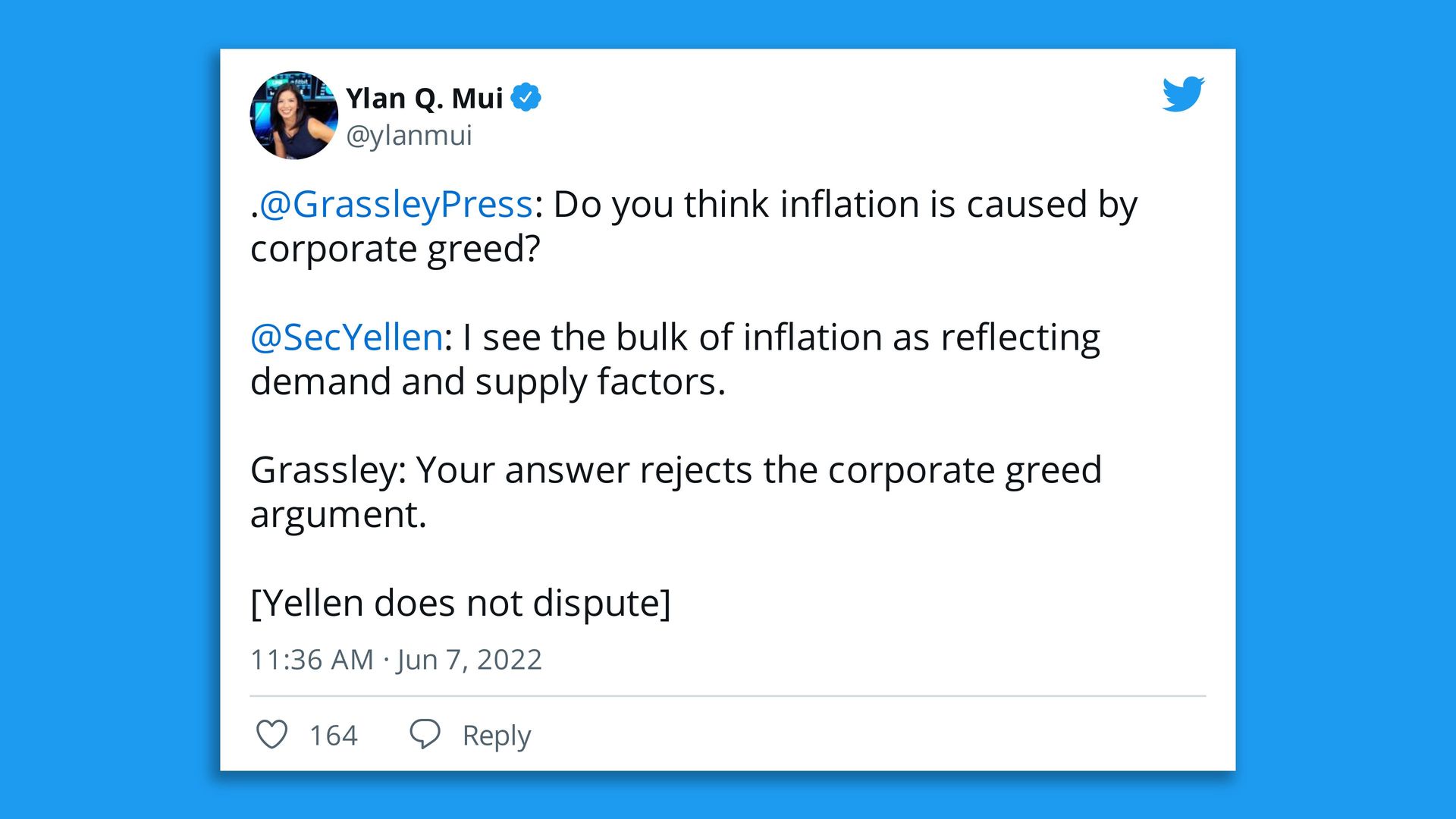| It became clearer yesterday how Washington is likely to regulate crypto — even though the equally important question of when that's going to happen remains unanswered, Axios' Felix Salmon writes. Why it matters: The one thing that crypto companies and crypto skeptics can agree on is that more regulation is needed, especially in the U.S. A new bill shows broadly what that regulation may look like. But don't hold your breath waiting for it to become law. Driving the news: The bill is co-sponsored by two senators: Kirsten Gillibrand, a Democratic senator from New York, and Cynthia Lummis, a Republican from Wyoming. - But the real bipartisan nature of the bill comes from the fact that Gillibrand is on the Senate Agriculture Committee, which oversees the Commodity Futures Trading Commission, while Lummis is on the Banking Committee, which oversees the Securities and Exchange Commission.
Their bill concentrates oversight of crypto in the hands of the CFTC, despite the fact that SEC chair Gary Gensler has been at the forefront of attempts to regulate crypto assets as securities. - That's a win for the crypto industry, which would much prefer regulation from the smaller and more laissez-faire CFTC, even if the agency gets slightly bigger as a result.
Our thought bubble: "Most people on the Hill aren't paying much attention to crypto right now," says Axios' congressional reporter Alayna Treene, "even if lobbying firms are hot on it. Congress is currently preoccupied with high-priority legislation they want to pass before the midterms, and crypto isn't high on that list." The bottom line: Gillibrand and Lummis, with this bill, have effectively narrowed the Overton window of what's likely in terms of crypto regulation. The regulations that get signed into law eventually won't look exactly like this, but they may bear a decent family resemblance, and it looks like the CFTC has gained the upper hand over the SEC. | 











No comments:
Post a Comment